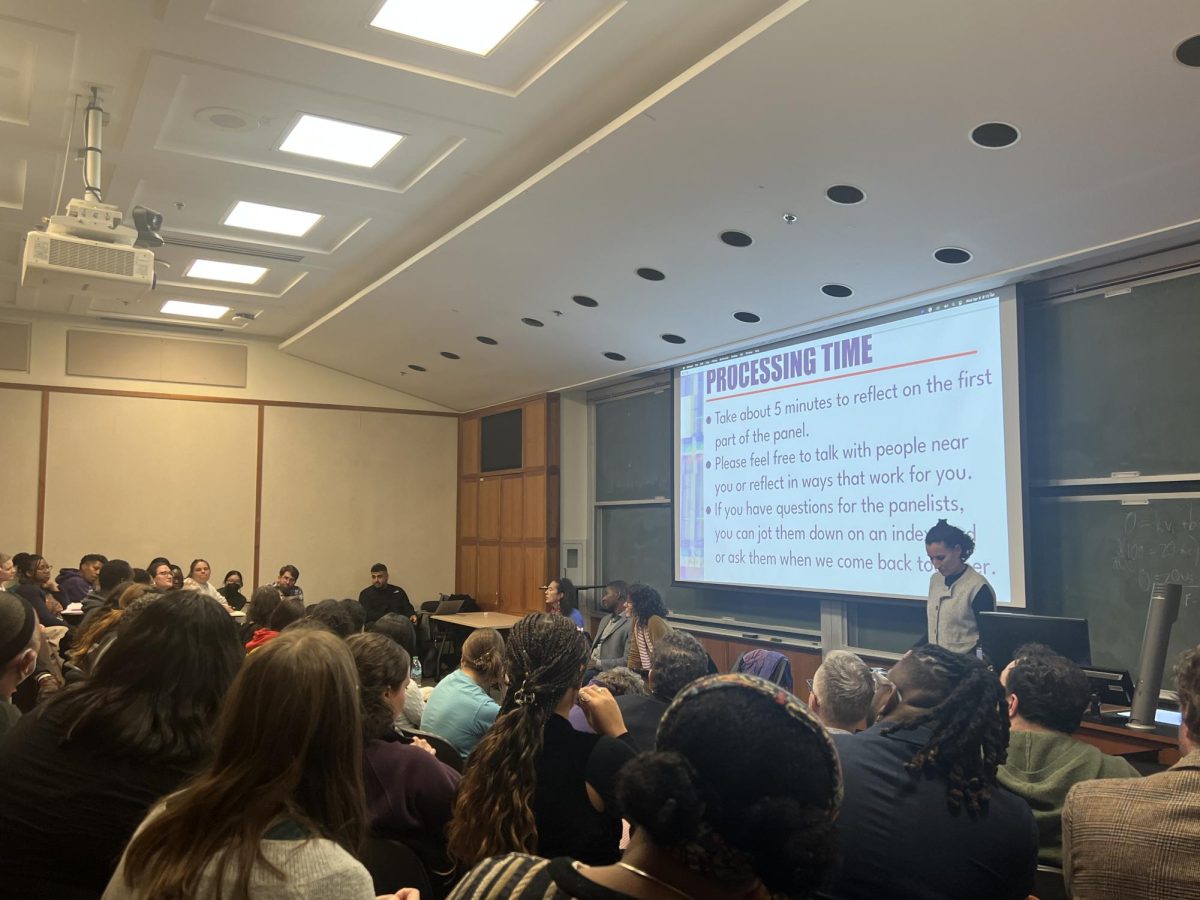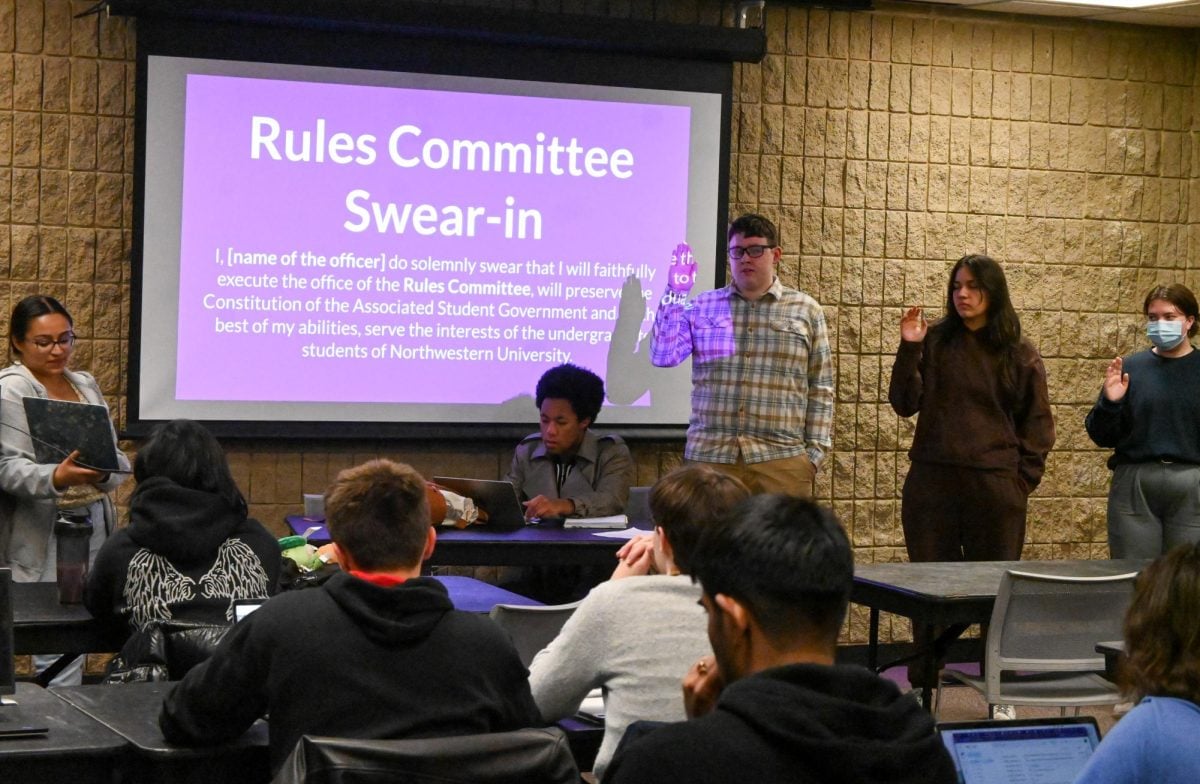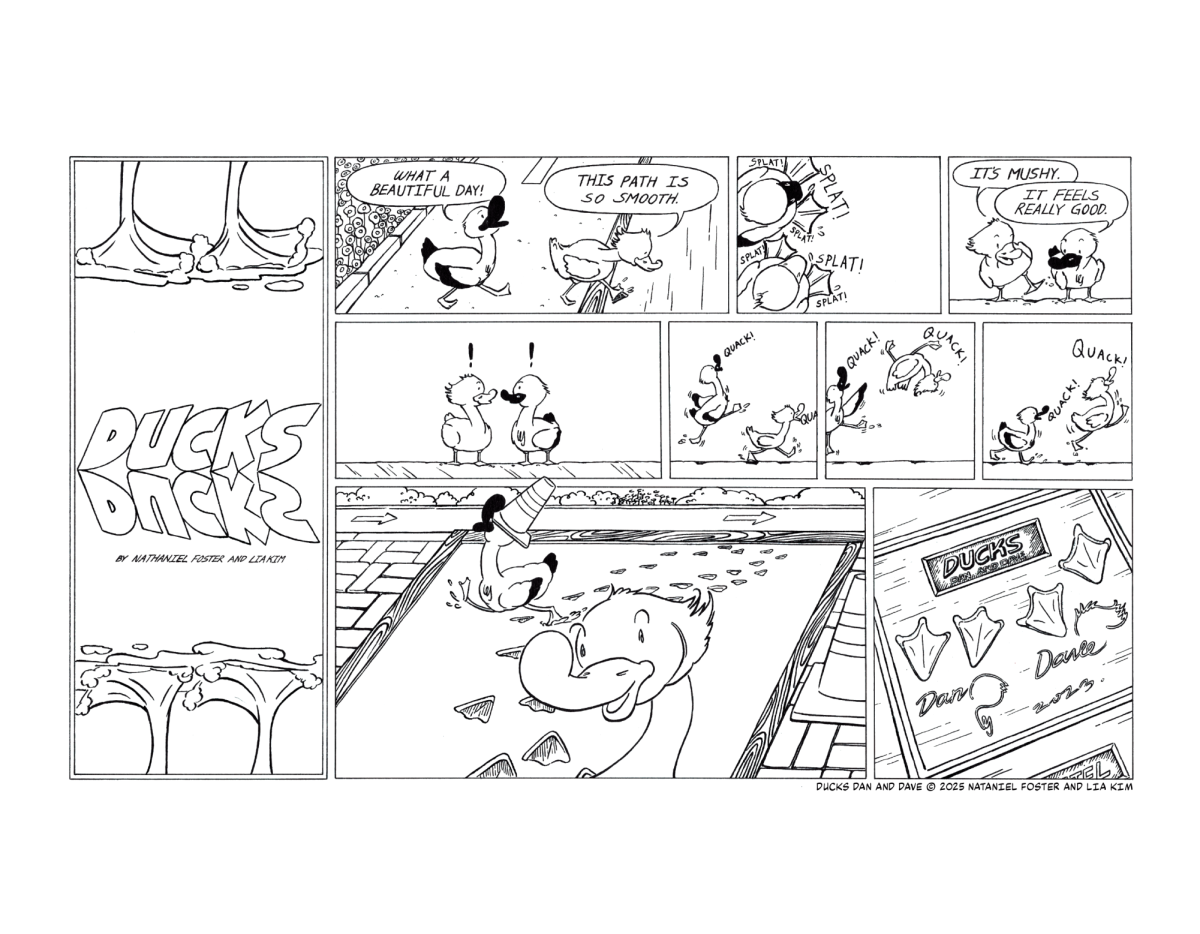Standing at 5 feet 2 inches, I am probably not anyone’s image of a typical national champion collegiate rower.
I started rowing as a high school sophomore, joining a local club team so I could spend more time with a friend who had changed schools. After three years of brutally slow splits and anxiety-inducing races, I made peace with leaving the sport after a surprisingly successful final competition at the end of my senior year (the highly coveted and enviable second place in the Central Regional Championships).
When I came to Northwestern, I had a four-year plan. I remember walking into the club fair, my nose turned up at the boat the crew team had brought to the Norris University Center’s East Lawn. I made my way over to the clubs I planned on joining.
That first quarter, I signed up for The Daily, took four hard classes, spent an incomprehensible –– and frankly embarrassing –– number of hours in Deering Library, ran seven miles a day, made like three friends and didn’t think about the crew team once.
I was also pretty lost.
It turns out, the routines I developed in high school and carried into college were unsustainable — especially when I didn’t have an established network of friends to lean on. I was very grateful to be at my dream school, learning and studying with talented peers and professors on a beautiful campus. But I, like most other college freshmen, missed the stable friendships and habits I had developed in high school.
But everything (not to be dramatic) changed one day in my economics study group, when I met my now roommate and one of my best friends. We were doing a classic ‘rose bud thorn’ introduction before discussing supply and demand curves.
“My thorn is that since I’m on the crew team, I have to wake up at 5 a.m. every day, so I’m a little tired this week,” Lizzie Dozois said. And that was it. I went up to Lizzie after class and the next day, I was standing next to my dorm waiting for a random white van to pick me up at 5:15 a.m.
From the first practice, I relearned a lifestyle involving balance and fulfillment. I went to practice every day at 6 a.m., braving the cold and enduring long workouts, before having breakfast with my friends. I found comfort in the repeated rowing motion I had learned years ago, paired with new routines centered around studying with friends and talking to new people every day.
Despite the early wake up time, I went from four to eight hours of sleep per night. I was reinvigorated for my classes, rediscovering my passion for learning. And, I became stronger and faster day by day.
I made friends with whom I could sing karaoke, study, go to dinner and, of course, row. For the first time in my rowing career, I thoroughly enjoyed races because they involved hanging out with my teammates, rowing a grueling yet fun race and, usually, winning.
At nationals my second year, my coach told my boat to write a love letter to NU Crew, to all the women who had rowed before us and who would row after us. We pulled some of the hardest races of our lives (I remember nothing but fatigue, pain and exhilaration) and were the first varsity NU Crew eight-person boat to ever make grand finals at nationals. In the end, we became fifth in the nation.
From these races, but more importantly, from the endless hours of practice and hard work that led us there, I learned there is value in finding comfort and community in something familiar — it can allow you to break out of the barriers you place around yourself. Every hard workout, every imperfect stroke in the 30-degree weather, every oar click and joyful crossing of the finish line has shown me that the path to finding your passion isn’t always linear.
I realized the importance of letting go of expectations of what college and life should be. I learned sometimes you need to take a step, or a stroke, back, in order to move forward.
Chiara Kim is a Medill junior. She can be contacted at chiarakim2025@u.northwestern.edu. If you would like to respond publicly to this op-ed, send a Letter to the Editor to opinion@dailynorthwestern.com. The views expressed in this piece do not necessarily reflect the views of all staff members of The Daily Northwestern.


















